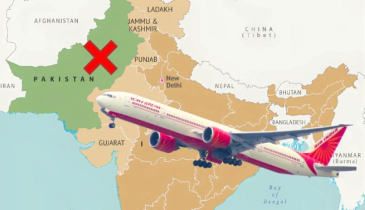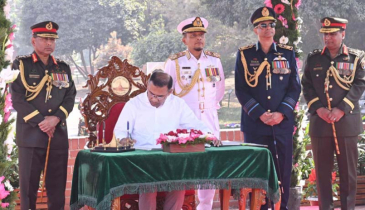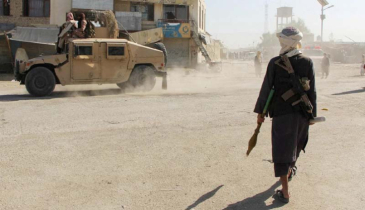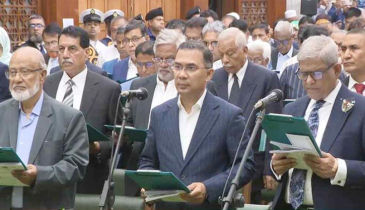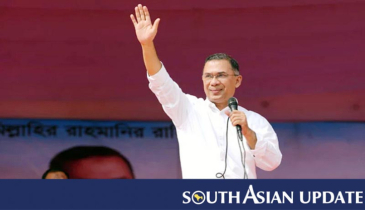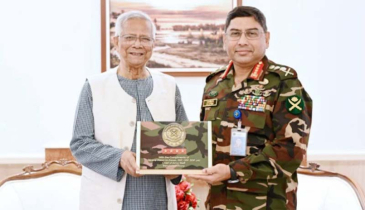WHO asks Taliban to lift female aid worker restrictions following deadly earthquakes
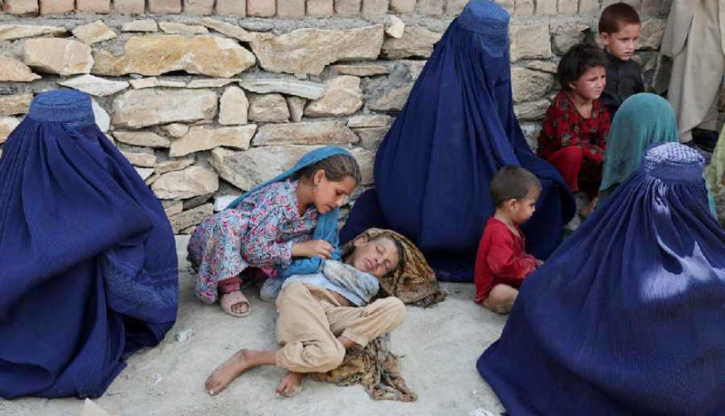
The World Health Organization (WHO) has called on the Taliban to immediately lift restrictions on Afghan women aid workers, warning that the ban is crippling relief operations in areas devastated by last week’s powerful earthquake.
The 6.0-magnitude tremor struck eastern Afghanistan on September 1, killing more than 2,200 people, injuring at least 3,600, and leaving thousands without shelter.
Dr. Mukta Sharma, deputy representative of WHO in Afghanistan, said the absence of female humanitarian staff is worsening an already dire situation for women in quake-hit provinces. “A very big issue now is the growing shortage of female staff in these areas,” she told reporters, noting that women are reluctant to seek help from male doctors and often cannot travel without a male guardian.
According to Sharma, nearly 90% of available health workers in the region are men, while the small proportion of women are mostly nurses or midwives, not specialists capable of treating severe injuries. This gender imbalance has left many women unable to access urgent care, including those with life-threatening wounds.
The Taliban, who seized power in 2021 after the withdrawal of foreign forces, have imposed sweeping restrictions on women, including banning them from most jobs and education beyond primary school. While exemptions exist in health and education, Sharma said they are inconsistent and inadequate, particularly during large-scale emergencies that require female staff to travel.
The situation is especially concerning for vulnerable groups such as widows, survivors of trauma, and pregnant women. The United Nations estimates that around 11,600 pregnant women have been directly affected by the earthquake in a country already struggling with one of the highest maternal mortality rates in Asia. Without female medical professionals, the risks of complications, stillbirths, and maternal deaths are expected to rise sharply.
Sharma also warned that the long-term outlook is bleak. With Afghan girls barred from secondary school and universities, the pipeline of future female doctors and midwives has been cut off, threatening to deepen the country’s healthcare crisis. “We are extremely concerned not only about women accessing immediate care but also about their ability to receive mental health support after such a traumatic disaster,” she said.
The Taliban maintain that they uphold women’s rights under their interpretation of Islamic law and claim they will ensure women receive aid. However, humanitarian organizations say the reality on the ground is far different, with many aid groups unable to take the risk of sending female staff into restricted zones.
International aid agencies have repeatedly warned that Afghanistan faces overlapping humanitarian emergencies — from food shortages and poverty to natural disasters — and that excluding women from relief efforts undermines the survival of half the population.
.png)


